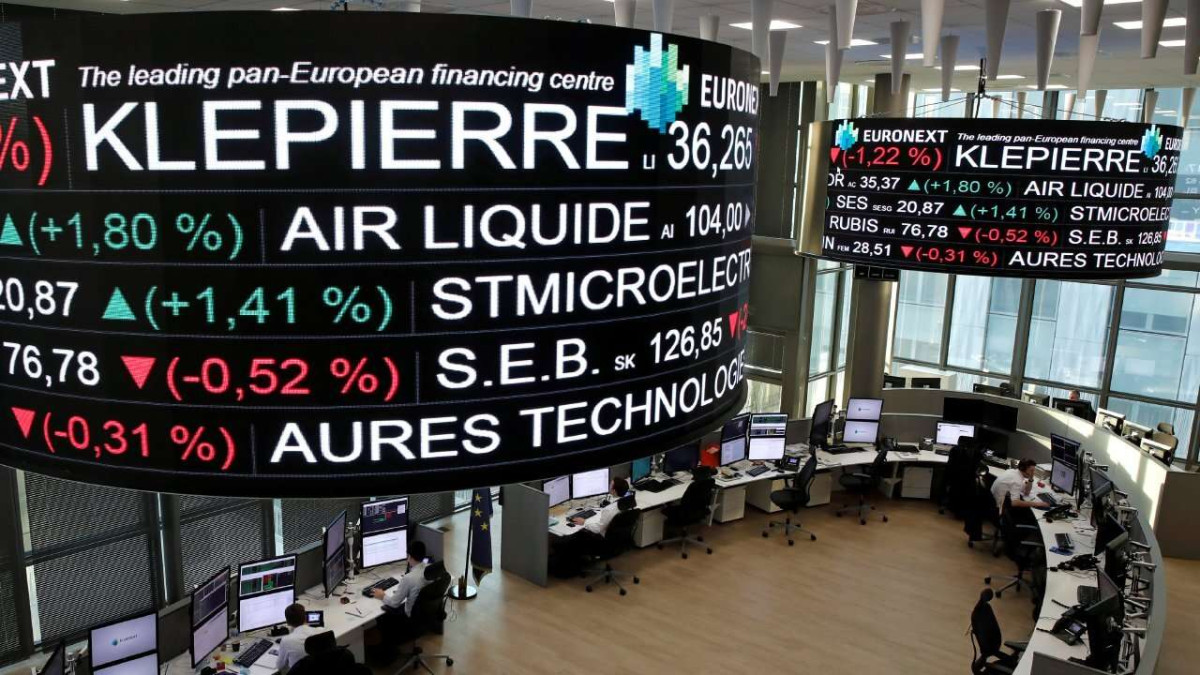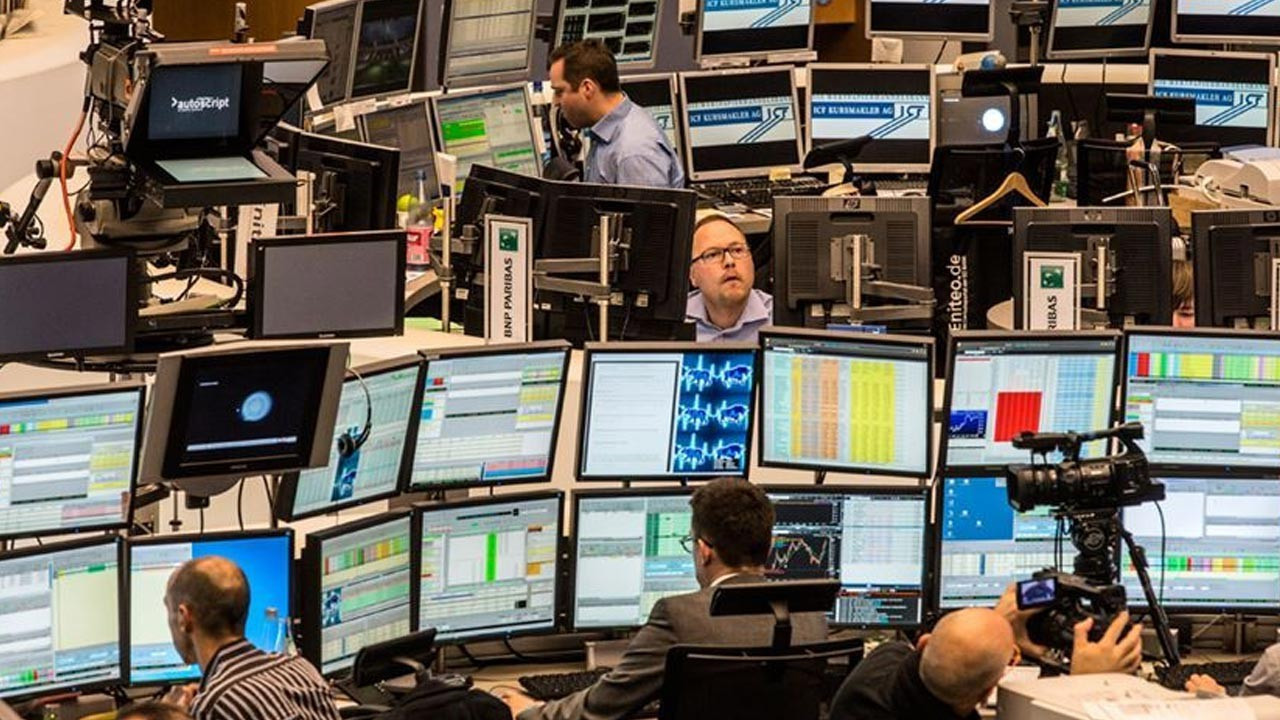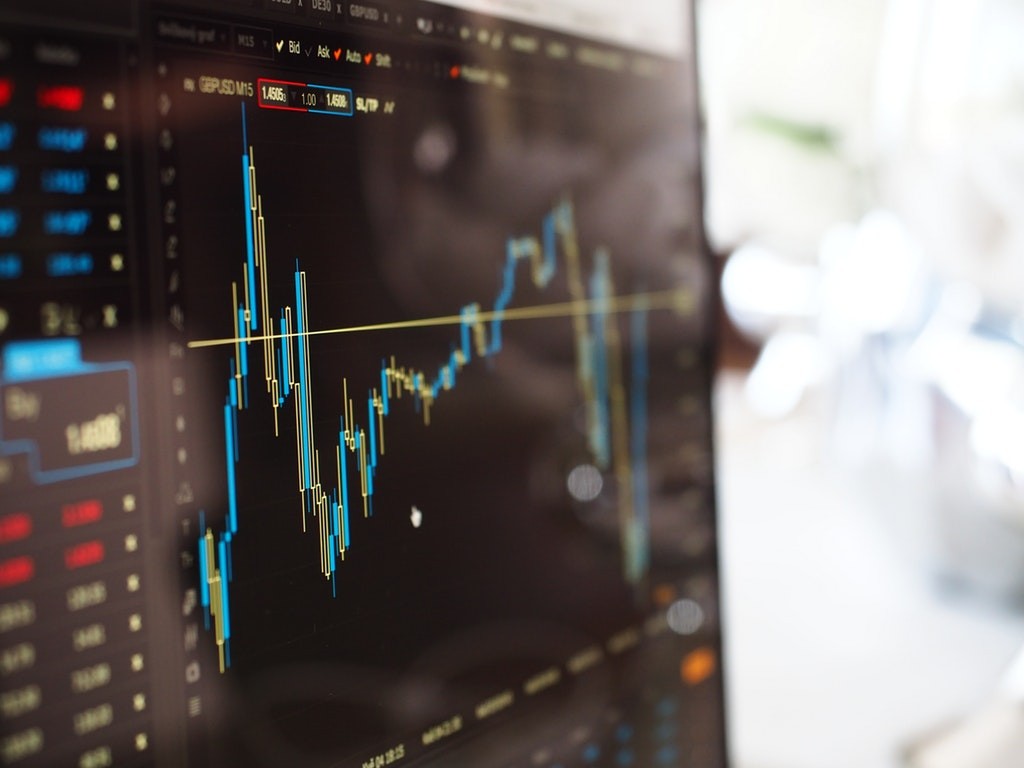
Jensen Huang's Whiteboard Test: Eliminating Weak Ideas


Jensen Huang's Leadership Philosophy
Nvidia Corp. (NASDAQ:NVDA) CEO Jensen Huang has a leadership approach that is far from ordinary presentations. When you enter his office with an unfinished idea, you experience firsthand how this philosophy unfolds. In a recent Founders Podcast with David Senra, Huang shared his innovative leadership philosophy and highlighted the methods that transformed Nvidia into a $3 trillion giant. Among these methods is the whiteboard, a simple tool that Silicon Valley abandoned years ago.
The whiteboard becomes a weapon against mediocrity in Huang's hands and serves as a compelling function to ensure organizational excellence. As he mentioned in the podcast, every meeting starts with the whiteboard, which facilitates the transparent and open discussion of ideas. 'When it forces you to build your ideas from first principles, there’s no escape,' Huang says.
Transparency and Continuous Innovation
The whiteboard not only eliminates presentation quality but also reveals whether proposals have been genuinely considered. If a proposal cannot be linked to the company’s strategy or does not respond to critiques, this can be understood within seconds. Huang states, 'Whatever strategy works today must also yield to a new idea one day.'
Huang's approach is not limited to meeting tactics. He advocates for 'not looking in the mirror'; after achieving success, the company should immediately turn to the next challenge. This ensures that the celebration of successes is short-lived and laziness is seen as the true enemy of the company.
Huang's Innovative Communication Strategy
Huang defends his strict approach to publicly criticizing employees. 'When a mistake is made, not only should that person learn; this way, the whole organization benefits,' he says. Criticism fosters transparency and prevents internal conflicts. In the podcast, he states, 'The quality of the work is more important than anyone's feelings.'
To prevent filtered information flow, Huang requires employees to send emails summarizing 'the top five priorities' and customer issues. These emails allow him to gain early signals about the changing dynamics of the market. Huang emphasizes that this system helped Nvidia identify early momentum in machine learning years before artificial intelligence became the main technology narrative.
Character and Forward Goals
Huang believes that challenges shape human character. 'Greatness doesn’t just come from smart people; it also comes from those who suffer,' he states. He views his relentless work ethic as the greatest competitive advantage he can have over his own level of knowledge. 'No one will outwork me,' he emphasizes his determination.
For investors, Nvidia's continual superiority in AI chips carries the message that this unwavering intensity could be the most important competitive advantage.
```.png)
Yakında Tüm Platformlarda
Sizlere kesintisiz haber ve analizi en hızlı şekilde ulaştırmak için. Yakında tüm platformlarda...






.png)